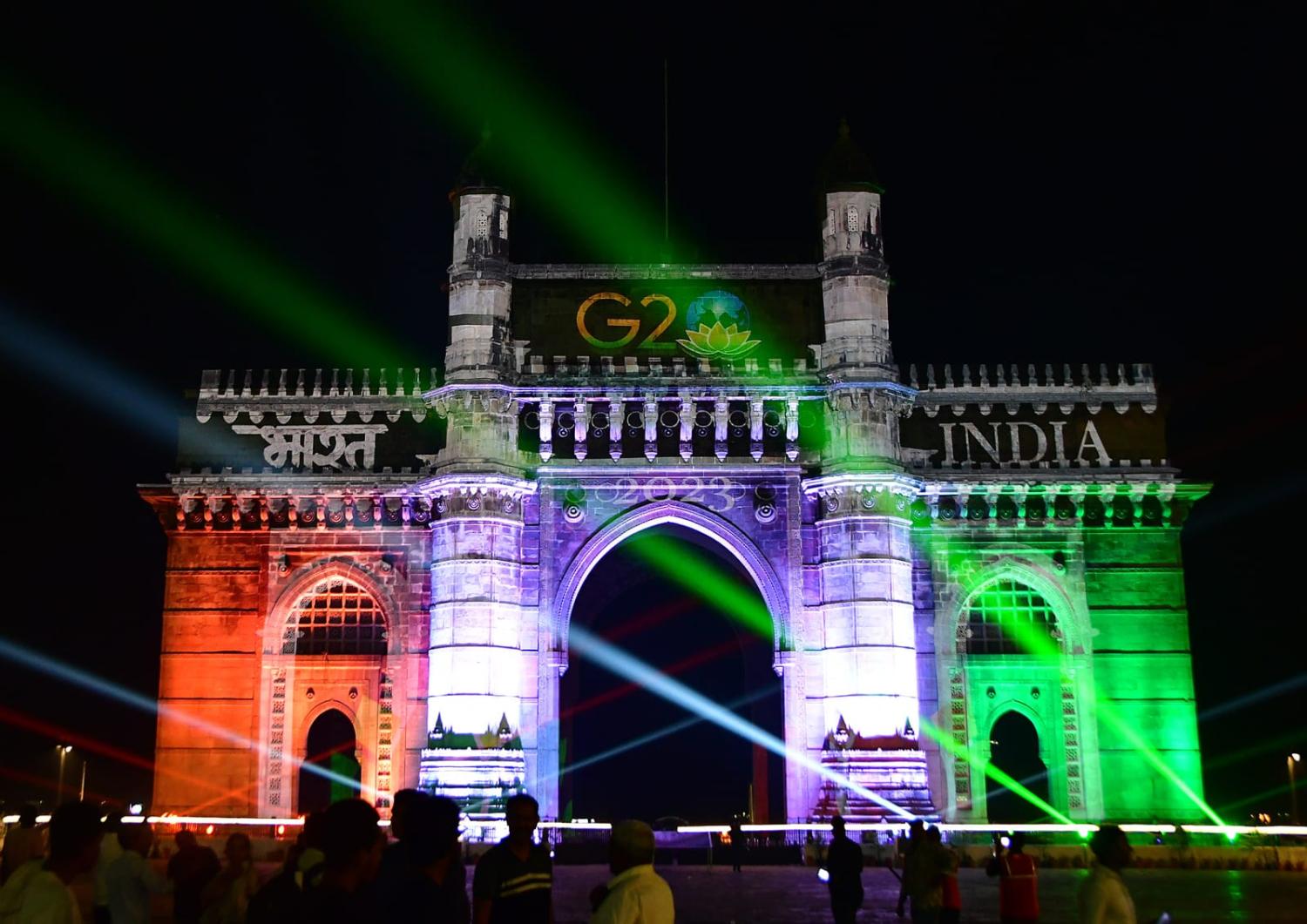India is using the G20 presidency to demonstrate to the world the country’s strengths as a responsible and collaborative global actor. The message is a broad one – “One Family, One Earth, One Future” (Vasudhaiva Kutumbakam) – packaging India’s commitment to spearhead a global response on shared threats. But the target of this branding campaign is less the wealthiest countries in the world, far more the Global South.
Promoting inclusive leadership with strong participation of the Global South in the multilateral process is a key goal for India at the G20. Developing countries as a group have not been prominent in most multilateral discussions shaping global agenda. India is keen to change the trend. By doing so, it hopes to revitalise multilateralism to address major challenges, such as the reform of global financial institutions, fighting climate change, enhancing sustainable development, and increasing the resilience of supply chains.
The G20 offers the best platform to draw together prominent economies to hear from the rest of the developing world. By issuing special invitations to Nigeria, Egypt and Bangladesh, India is looking to provide these prominent – and populous – nations a chance to influence the grouping.
As Prime Minister Narendra Modi put it to a virtual “Voice of Global South Summit” organised in January as India took over the G20 presidency, “your voice is India’s voice” and “your priorities are India’s priorities”. And the dividends already seem apparent. On Modi’s trip to Papua New Guinea this week, PNG Prime Minister James Marape dubbed him “the leader of Global South” and pledged to “rally behind your leadership at global forums”.
Yet the messaging India has adopted does not just target a foreign audience but a domestic constituency as well. Much is also being invested in showcasing the Modi government’s achievements and influence ahead of the next general elections for the Indian parliament, due to be held within the next year. The Modi government will be seeking a third term in these elections. By hosting G20-related events in different Indian states, the government is able to ensure the vision of Modi and his government reaches far-flung domestic constituencies. The effort is to make the latter develop strong allegiance to “Brand India”, which is also organically linked to “Brand Modi” and his team, securing valuable political capital in the process.
Some of this effort stretches into the realm of domestic issues as well. The decision to hold a tourism meeting of the G20 in the state of Kashmir is an example. Notwithstanding China’s calls to boycott the meeting, India’s going ahead marks a further trait of its projected brand, symbolising confidence and uncompromising attitude on issues of high national priority.
India hopes that controversies will be subsumed by emphasising actions for the global good and to this end has encouraged the promotion of millet, a superfood. Millet crops are drought resistant and hardy, and widespread within India. The aim is to connect to global efforts to adopt sustainable agriculture practices, and the example of millet is noteworthy for agriculture-dependent economies in water-scarce and arid parts of Asia and Africa. Over time, India hopes the example to contribute comprehensively to G20’s efforts to enhance global food security. Focus on sustainable delivery of global public goods is also reflected in the emphasis on Mission LiFE (Lifestyle for Environment) – another cornerstone of India’s soft power at the G20.
India’s branding also extends to a vision for the digital realm. The homegrown CoWIN – the digital backbone of India’s Covid-19 vaccination program – and other initiatives such as the Unique Digital Identity, Unified Payments Interface (UPI) and the Digilocker, are being highlighted for securing global capital for its tech brand.
India’s success in its global brand-building goal through the G20 will depend on its diplomatic dexterity in steering the meetings through choppy waters. The Russian invasion of Ukraine has sharply divided the G20 community, preventing an emphatic advance on several items of the work agenda. India has a challenge in the coming months, and like a commercial branding exercise, the judgment will depend on the quality of the product it sells.

